PAYPAL FOUNDER AND SILICON VALLEY SUPERSTAR SHARES HIS THOUGHTS ON HOW TO START A COMPANY
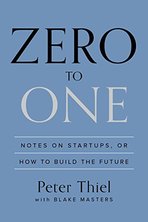
The origins of Zero to One started with a computer science class at Stanford taught by Thiel in 2012. One of the students, Blake Masters, took detailed notes from Thiel’s class and put them online. The notes quickly amassed a wide following and the two teamed up a year later to turn the notes and course material into Zero to One, which now sits near the top of the New York Times Business Bestellers list.
 Zero to One author Peter Thiel
Zero to One author Peter Thiel Some chapters of Zero to One stray off into Theil’s observations on sociology, mathematics, economics, philosophy and everything in between. Fortunately, Thiel’s intellect and writing skills keep these sections of the book from coming off as rambling and instead display the author’s acumen and interest in topics beyond entrepreneurship and startups. Likening the founding of our solar system and the United States of America to the beginnings of starting a company is just one of the many ways in which Theil finds ways to connect a wide swath of topics to the valuable lessons he learned as co-founder of PayPal in the early 2000s.
 Thiel and the rest of the PayPal Mafia
Thiel and the rest of the PayPal Mafia Everyone from the seasoned investor to the first time entrepreneur can glean something interesting from Zero to One. If you have some free time – hopefully a bit more than Peter Thiel – pick up a copy to get an interesting read that covers the beginnings of the tech boom in Silicon Valley and the beginnings of a company from an author who knows quite a bit about both.


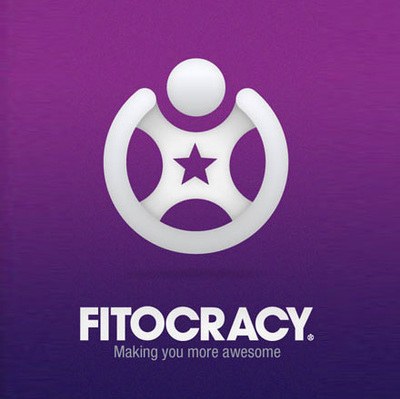



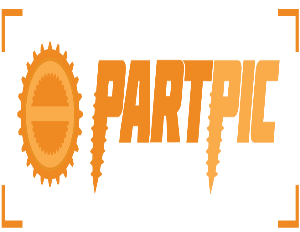

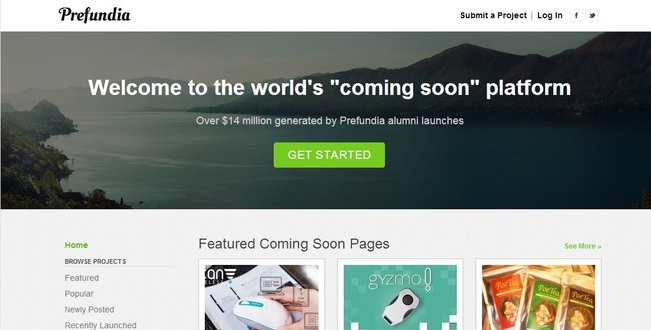


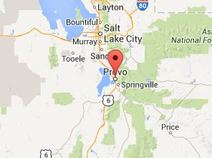




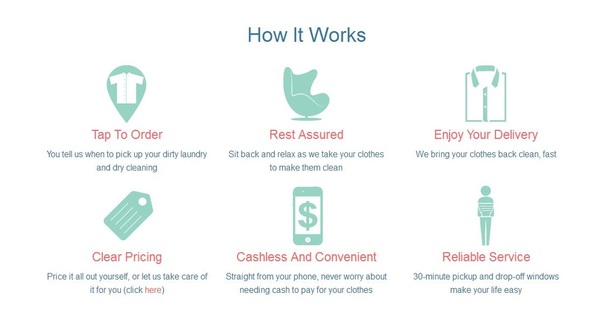
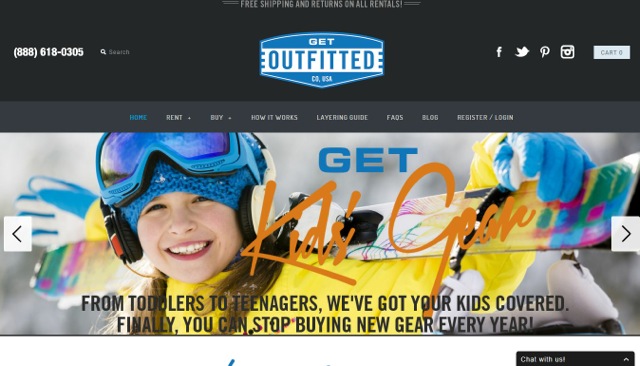

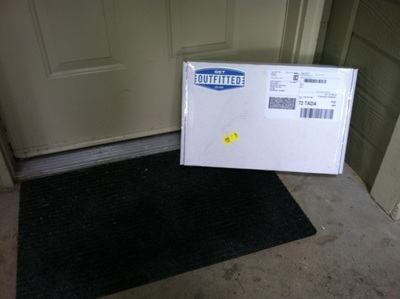



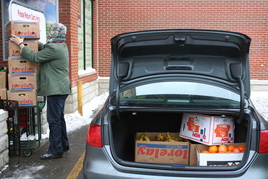



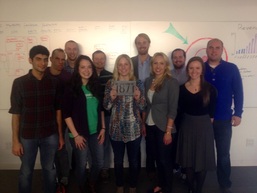


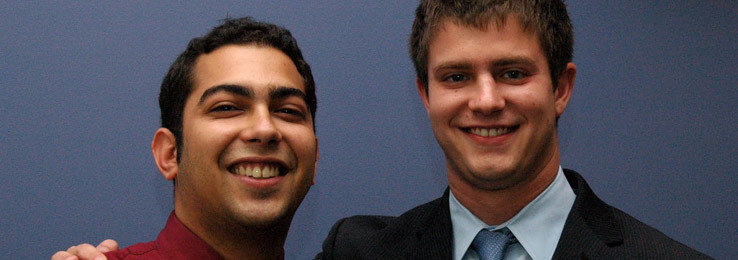

 RSS Feed
RSS Feed
